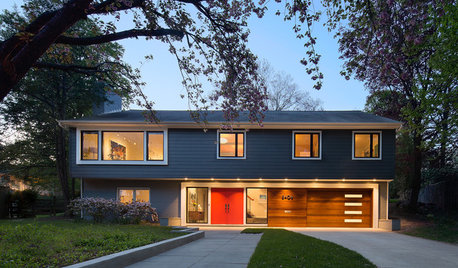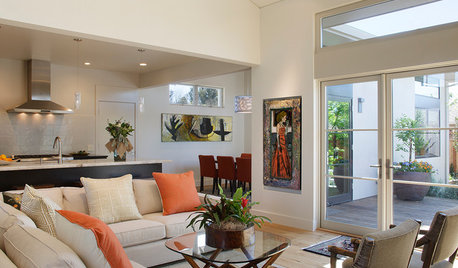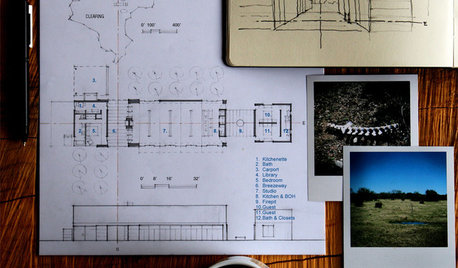Revisit Cataract Lens Choices Please?
chisue
12 years ago
Related Stories

HOUZZ TOURSHouzz Tour: Saving a ‘Brady Bunch’ Staircase in a Midcentury Remodel
Personal sentiments about the classic TV show convinced this D.C. couple to overhaul this 1968 home
Full Story
CONTEMPORARY HOMESHouzz Tour: Sonoma Home Maximizes Space With a Clever and Flexible Plan
A second house on a lot integrates with its downtown neighborhood and makes the most of its location and views
Full Story
ARCHITECTUREDesign Practice: The Basics of Marketing Your Business
Pro to pro: Attract clients and get paying work by drawing attention to your brand in the right places
Full Story



alisande
ravencajun Zone 8b TX
Related Discussions
Cataract surgery -- need to make a decision
Q
followup on progressives...
Q
Cataract Surgery Questions
Q
Progressive/multifocal contact lenses
Q
kudzu9
Rudebekia
chessey24
socks
alisande
Rudebekia
chisueOriginal Author
ravencajun Zone 8b TX
alisande
chisueOriginal Author
linda_in_iowa
ravencajun Zone 8b TX
alisande
dedtired
alisande
dedtired
alisande
kudzu9
donna37
socks
chisueOriginal Author
socks
linda_in_iowa
cat_ky
dedtired
3katz4me
alisande
Michibilly
imn2crafts
curlybutterfly
alisande
curlybutterfly
alisande
dedtired
chisueOriginal Author
dedtired
curlybutterfly
alisande
curlybutterfly
alisande
curlybutterfly